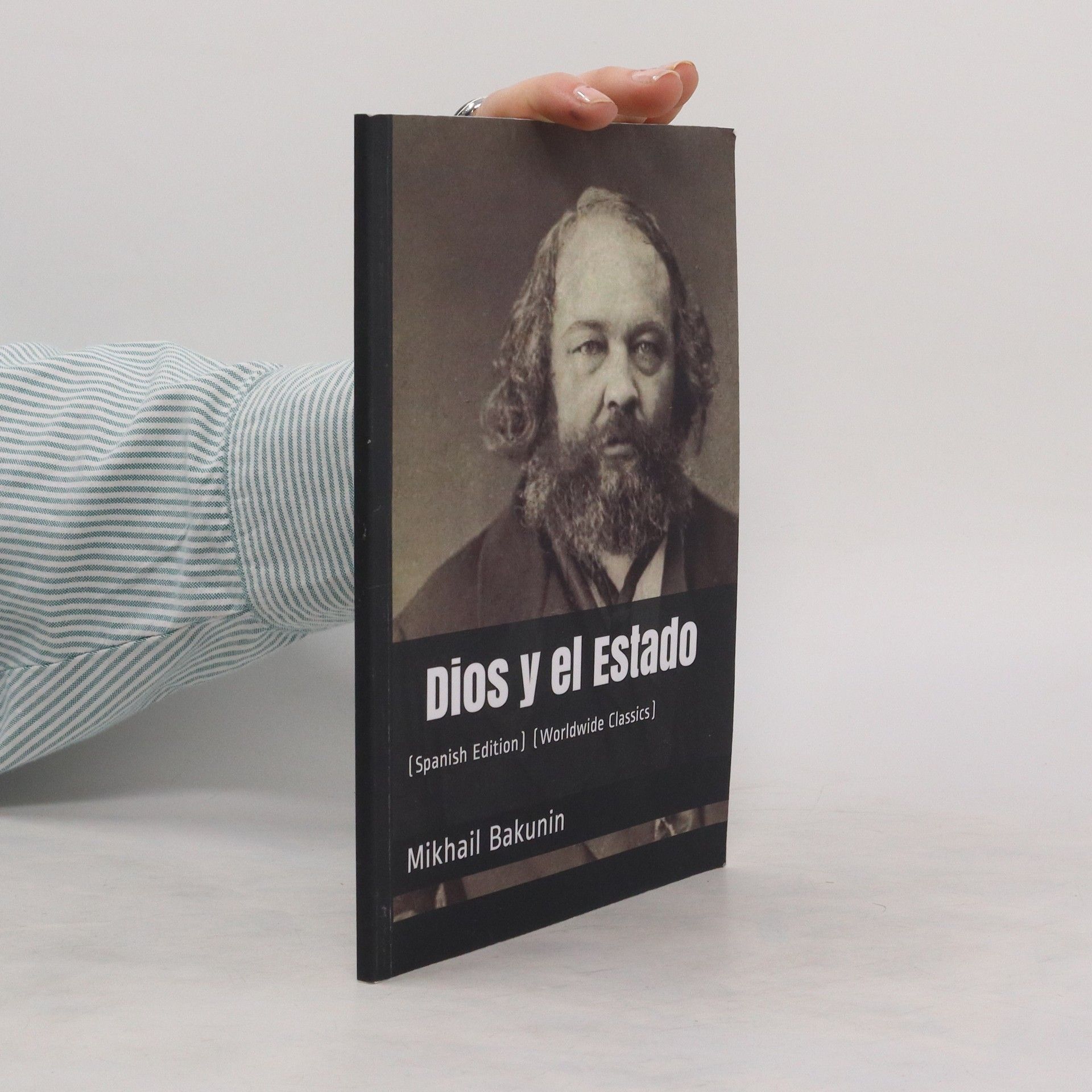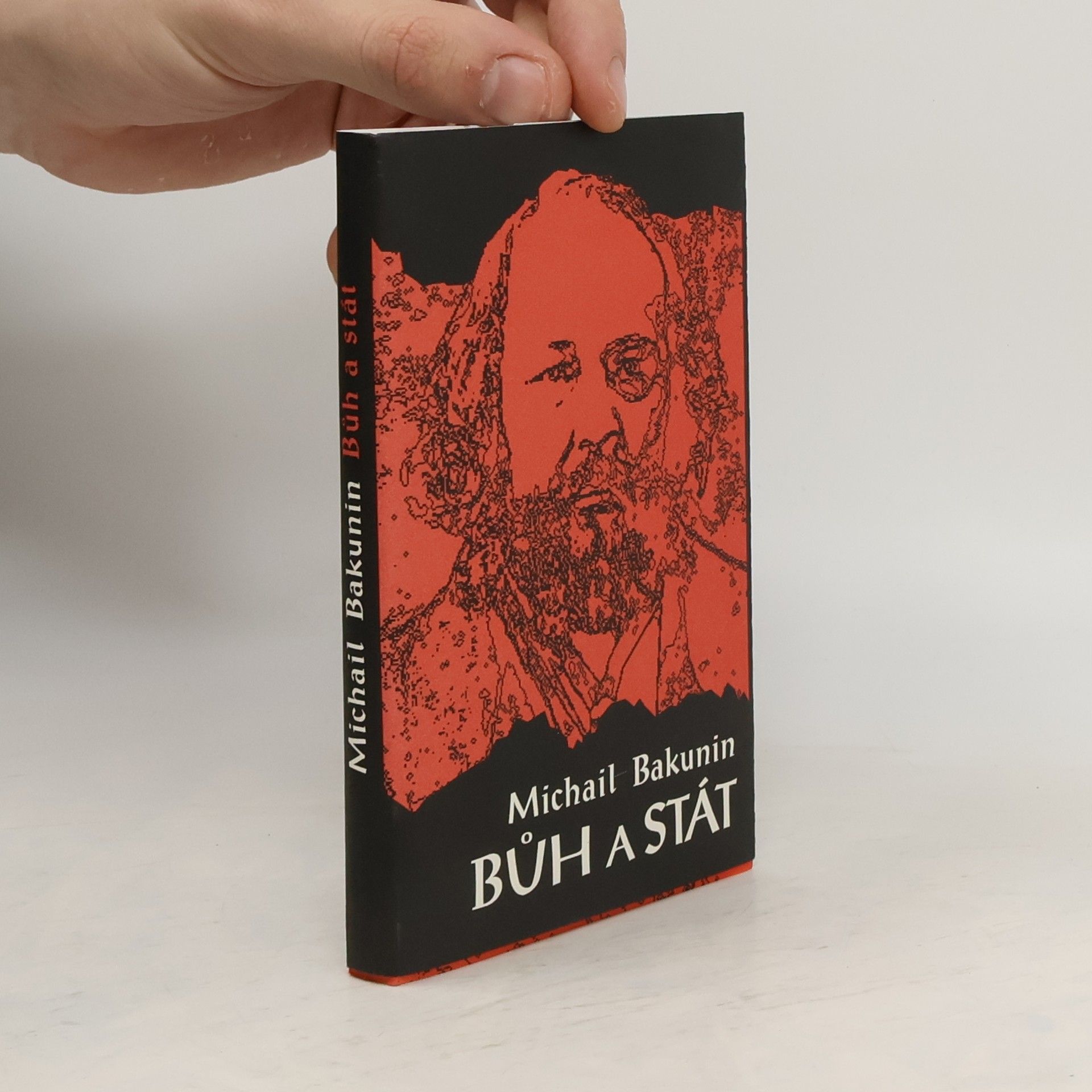The Paris Commune
- 124bladzijden
- 5 uur lezen
Focusing on the revolutionary government that briefly ruled Paris in 1871, this historical account by Karl Marx delves into the events leading to the Paris Commune, its policies, and its eventual defeat. Marx analyzes the socio-political conditions that birthed the Commune, viewing it as a pioneering effort by the working class to create a socialist government and a new democracy. He critiques its initiatives aimed at worker control, social welfare, and education, while also discussing its military strategies. This work is crucial for understanding early socialist movements and workers' rights struggles.






